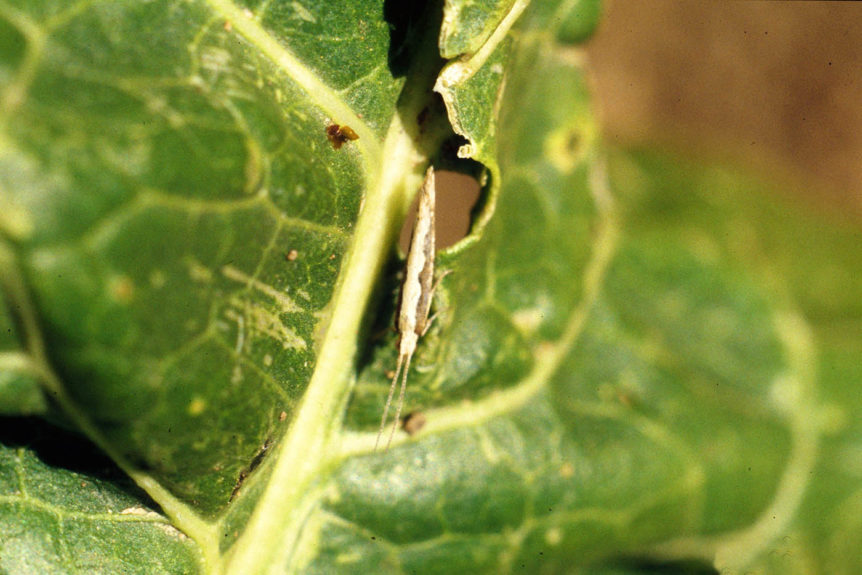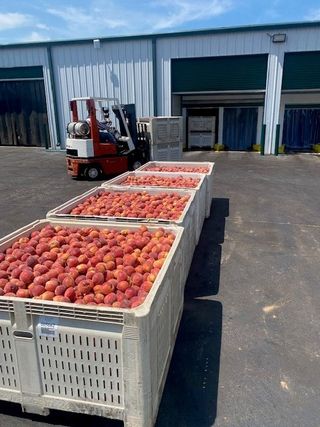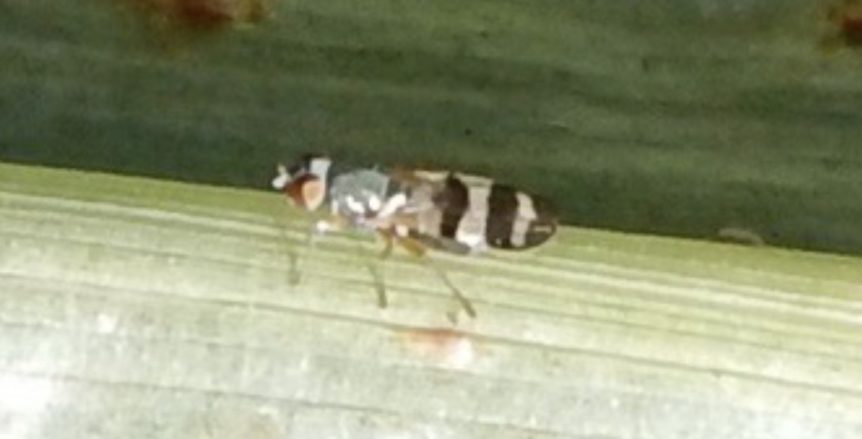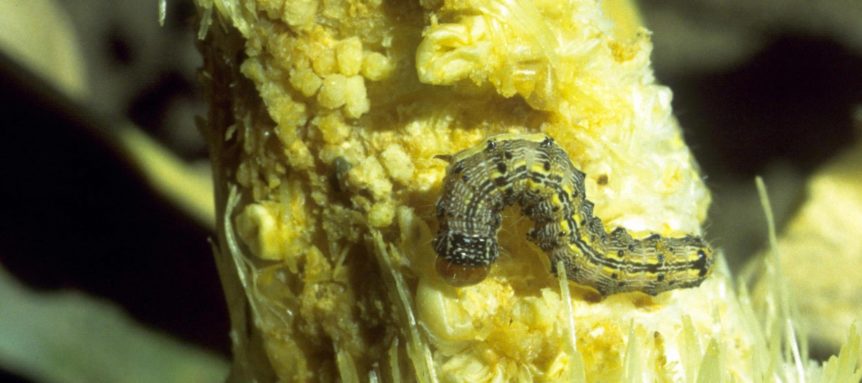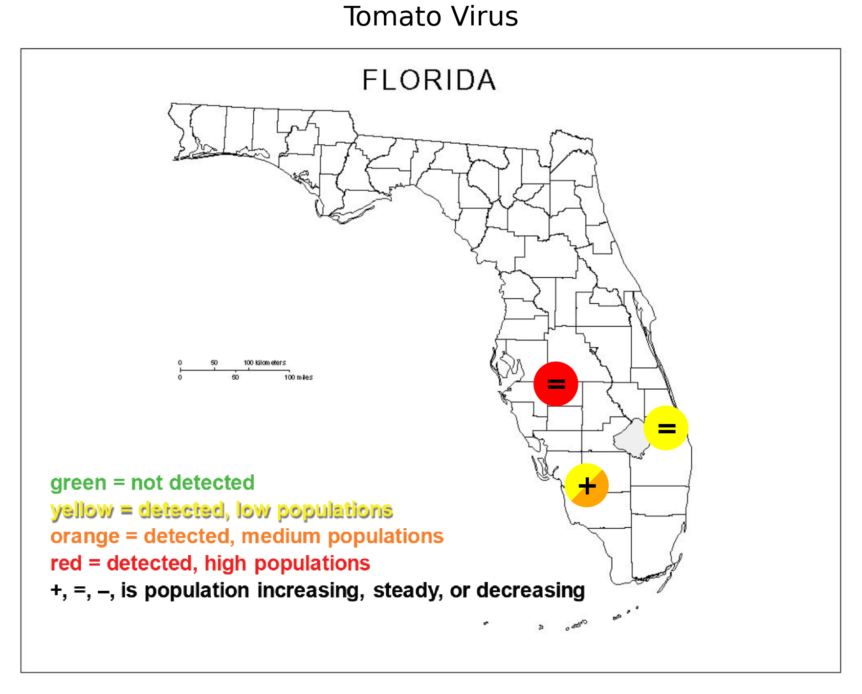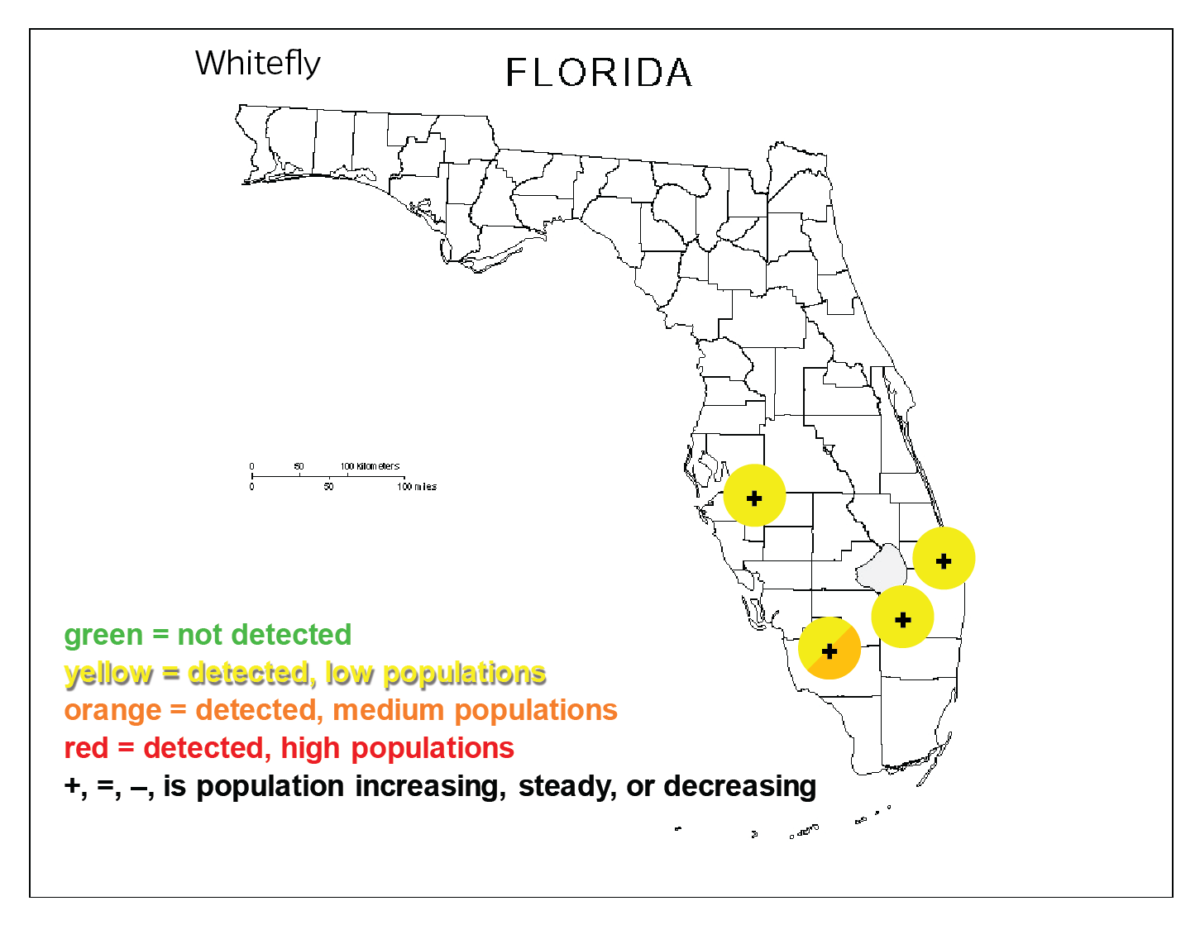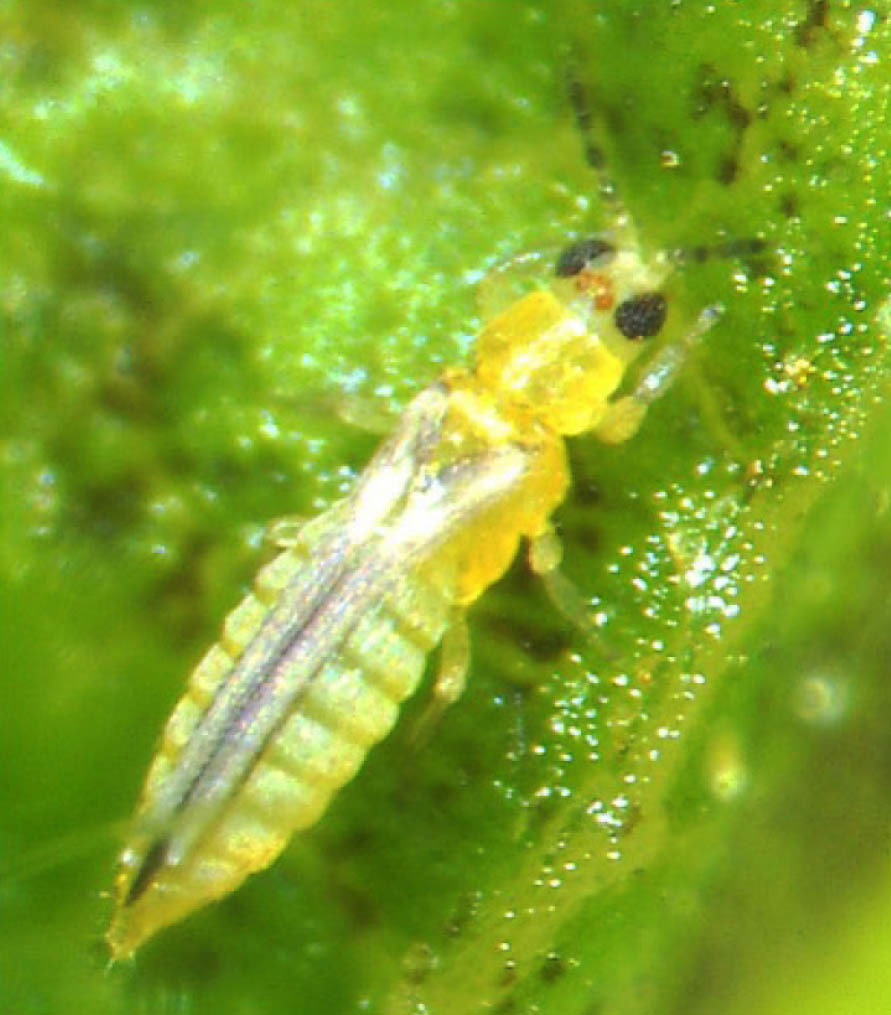By Frank Giles For brassica growers, the diamondback moth reigns as the biggest pest problem they must fight. This is particularly true where the crops are produced year-round, like in Georgia. The pest is estimated to cause as much as $5 billion in crop losses every year worldwide. In the Southeast, cabbage, broccoli and collards are the preferred hosts of …
Nematode Management Vital for Peach Production
By Clint Thompson Nematode management is essential for peach production in the Southeast. According to Phil Brannen, University of Georgia Cooperative Extension fruit disease specialist, if growers do not control the microscopic pests, it can have severe repercussions for future seasons. “You’ve got to take them into account. If you don’t take nematodes into account, there are several things that …
Best Practices for Corn Silk Fly Management
By Julien Beuzelin and Anna Mészáros Maggots feeding on silks, kernels and sometimes the cob of sweet corn ears harvested in Florida represent the greatest insect pest threat to the state’s fresh market sweet corn industry. These maggots are the larvae of three fly species known as corn silk flies. What to Look For Although the maggots of the three …
Corn Earworm a ‘Ridiculous’ Pest in South Georgia Sweet Corn
By Frank Giles Georgia is the third-largest fresh market producer of sweet corn in the United States with about 27,000 acres per season. Sweet corn is also the second-most valuable vegetable crop produced in the state. Consumers love sweet corn, but so do corn earworms (CEW), which have become increasingly problematic. With virtually zero tolerance for CEW in fresh sweet …
South Florida Pest and Disease Hotline: Tomato Viruses on the Rise
Tomato viruses are on the rise across the southern Florida region, according to the South Florida Pest and Disease Hotline. The Tomato Yellow Leaf Curl Virus (TYLCV) is up to 100% in the earliest plantings across central Florida. In Southwest Florida, some locations are reporting up to 5% of TYLCV. Along the east coast, reports of a rare plant with …
South Florida Pest and Disease Hotline: Whitefly Pressure Low but Increasing in Some Areas
Whitefly pressure is normal for this time of year in Southwest Florida and low in other areas but increasing, according to the South Florida Pest and Disease Hotline. Populations are low but increasing in central Florida and along the East coast. Whitefly pressure varies in the Southwest Florida region, though it is considered normal for this time of the year. …
Chilli Thrips: Primary Pest of Florida Blueberries
By Oscar Liburd and Doug Phillips Over the past few years, chilli thrips (Scirtothrips dorsalis) have become the most important insect pest of Florida blueberries, causing substantial injury to plant foliage and typically requiring significant and costly chemical control measures. Chilli thrips have been an economically important pest of vegetable, fruit and ornamental crops throughout Asia, Africa, Oceania the Caribbean …
Soil Sampling Timing Critical in Nematode Management
By Clint Thompson Soil sampling can be an integral part of a farmer’s planning for nematode management for the upcoming season. But growers should know when is the proper time to conduct soil samples. Johan Desaeger, assistant professor of entomology and nematology at the University of Florida Institute of Food and Agricultural Sciences (UF/IFAS) Gulf Coast Research and Education Center, …
Management of Chilli Thrips in Strawberry
By Clint Thompson University of Florida Institute of Food and Agricultural Sciences (UF/IFAS) research into chilli thrips provides a more accurate way for strawberry growers to manage this annual problem. Producers can now be more efficient in controlling thrips populations. Sriyanka Lahiri, University of Florida Institute of Food and Agricultural Sciences (UF/IFAS) assistant professor of entomology and nematology at the …
Peach Tree Management: Growers Should Manage Borer Insects
By Clint Thompson Peach tree growers suffered through a disastrous season due to unforeseen weather conditions in February and March. Despite those various challenges, producers need to continue maintaining their orchards for future yields. This is especially true for insects like peachtree and lesser peachtree borer, says Brett Blaauw, assistant professor at the University of Georgia (UGA) College of Agricultural …










